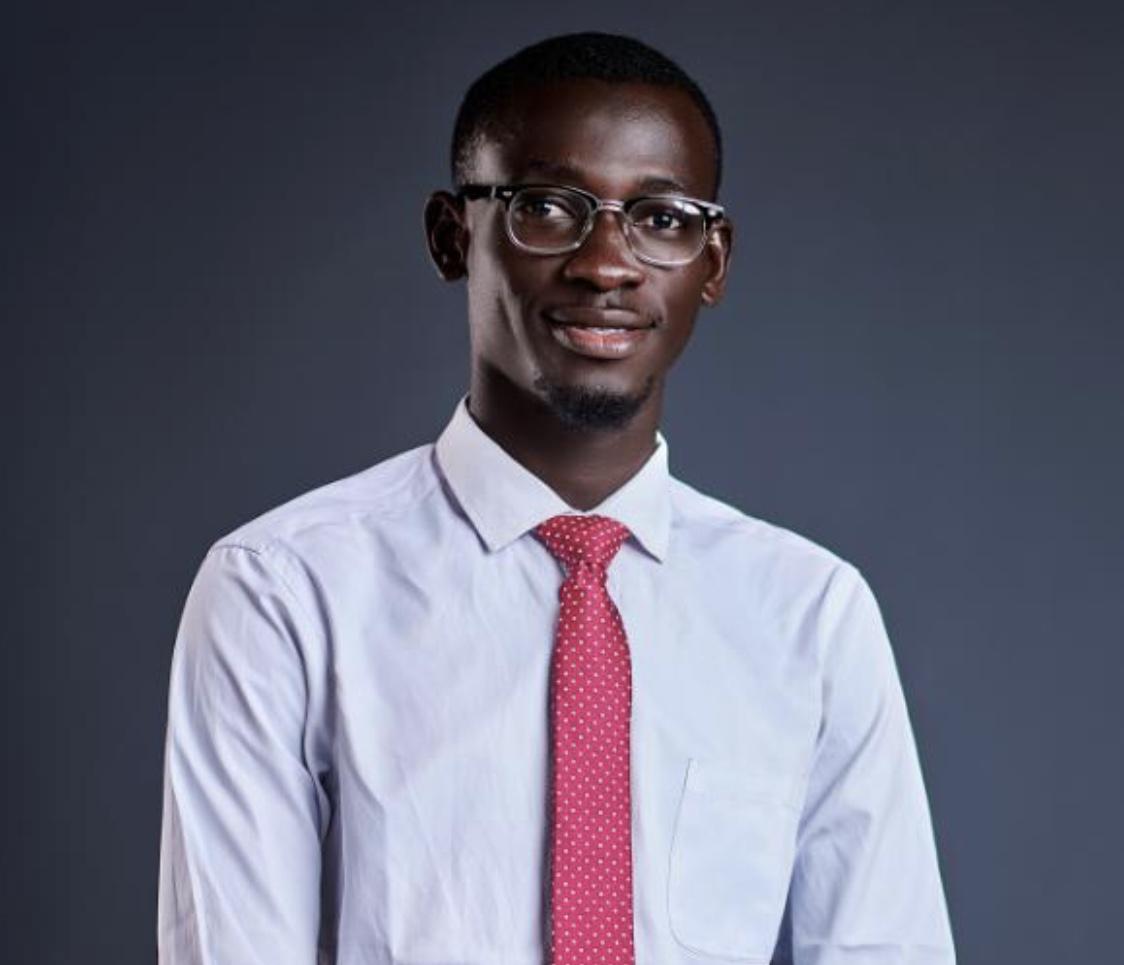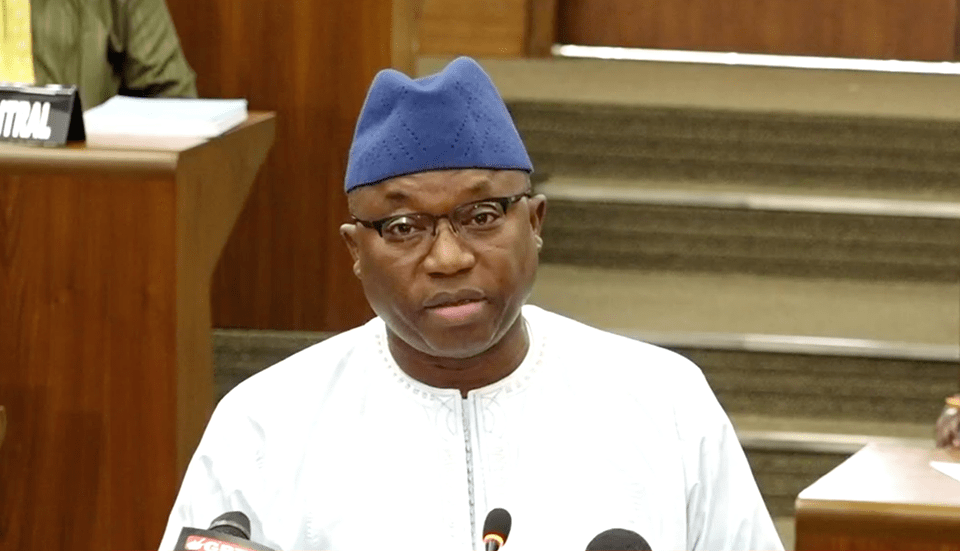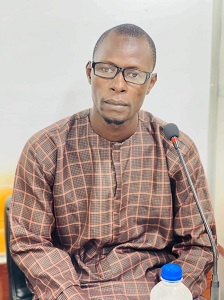Claudia Cole, Minister of Basic and Secondary Education has expressed hope for better results for Grade 9 students.
Her comments come amid a storm of criticism against her Ministry’s decision to allow Grade 9 students to take final examination during the coronavirus pandemic.
But she said despite the outbreak of the disease students are expected to perform well.
Speaking to The Voice at the laying foundation of a 24-classroom at Latrikunda Sabiji Upper Basic School through the support of Holland Foundation, madam Cole said: “Grade 9 is a transition class and without assessment they cannot transit and if the grade 9 did not transit it will affect the entire education system and stall the movement of students from one grade to another.
This is why we (Education Ministry) watched the situation and we thought it was better to have the examination at this time than not to have it at all,” Minister Cole revealed why Grade 9 Students have to do their examinations.
She went on that “the exams have already started and thank God so far everything is going well in the schools as we are yet to receive any complaints from any school in terms of challenges.”
According to her, Gambian students are well prepared for the examination saying the students were almost in completion of the syllable when Covid-19 emerged in March.
She said: “I’m very optimistic that the grade 9 students will not let us down, I have seen them in the classrooms when they started their exams last Monday. I went round the schools and I met with the students, they told me they are doing well on their papers.”
On the electronic lessons
She said her Ministry had engaged stakeholders including Gambia Bureau of Statistics (GBoS) to ascertain how far the radios and televisions will reach to students all over the country.
“Before we started the radios and televisions, we looked at the coverage and this information was provided to us by Gambia Bureau of Statistics who inform us on how wide the coverage of radios and televisions will reach in the country and how wide the use of mobile phones are in the country and this is the information we relied on to launch the program.
About 96 percent of the Gambian population have access to the radios and since this is the case, we thought it wise to engage them so that we can keep the students to stay at home,” she said.
She however admitted that there are communities that were disenfranchised from actively participating in the program due largely to lack of electricity supply. This she said the issue was address when Gambia Teachers Union steps in to ameliorate the situation by providing some of those communities with radio sets that they end up using to be part of the program.
“The Radios and Televisions lessons were merely designed to engage the students and this was in no way to replace the curriculum. We thought these radio and television programs were better than not engaging the kids at all, thus allowing them to be roaming in the streets,” Minister Cole said.




